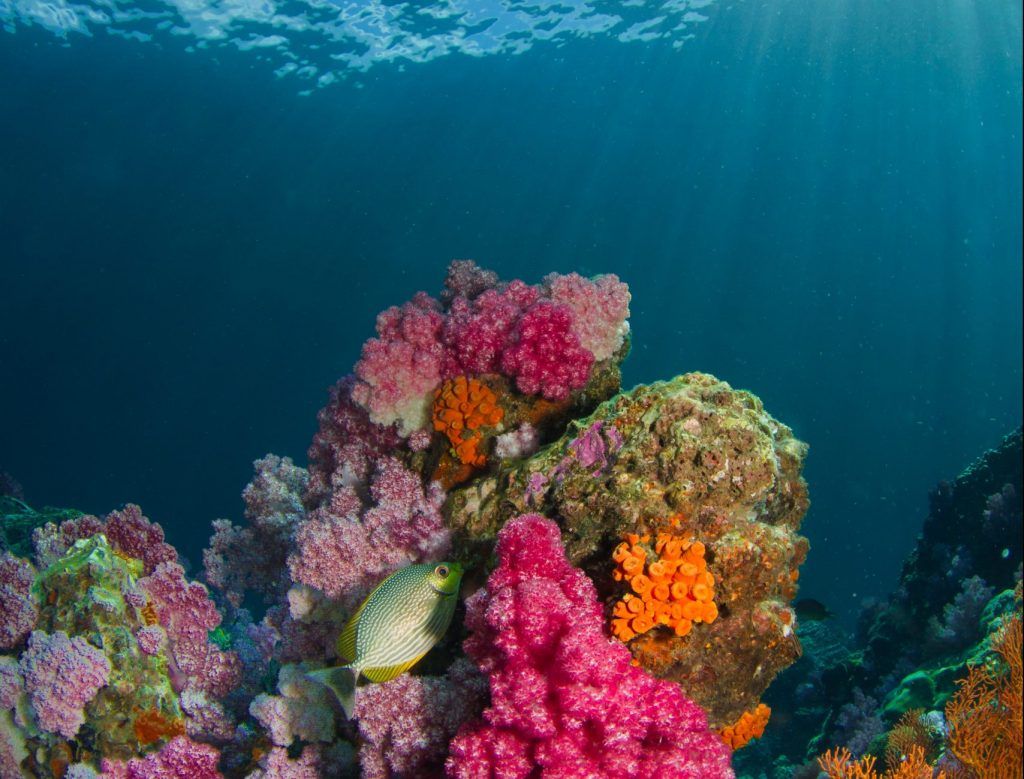Expected Outcome
Project results are expected to contribute to the following expected outcomes:
- Enhanced quality and efficiency of the current service to respond to (a) policy and/or user requirements (b) technological developments implementing the space regulation (c) complementing the challenges targeted by the Horizon Europe Mission on “Healthy oceans, seas, coastal and inland waters” and can also contribute to the initiative United Nations Decade of Ocean Science for Sustainable Development.
- Development of efficient and reliable new products chains, calling for new paradigms in data fusion, data processing and data visualisation essential for the service to handle more high-volume satellite data sets and product sets. The baseline is to preserve continuity of what has been achieved while keeping the service modern and attractive.
- Development of new algorithms and processing chains preparing the use of the new types of space observation data (being from new Sentinels or other contributing missions) in order to allow development of new products or the improvement of existing products.
Scope
The main scope of this R&I is the development of new and innovative models for marine ecosystems monitoring and related biogeochemistry. These models will be used to prepare Copernicus-based solutions for different policies areas and for the challenges related to biodiversity conservation. Some specific domains will be the exploitation of the dynamics of the biological component of the ocean in terms of ‘fauna and flora’, how this marine living component behaves in relation to the ocean physics (temperature, currents, sediments), its biochemistry composition (in particular the plankton-to-fish links), climate change and the man-made pressures (e.g. transport, pollution, fisheries, etc.).
With an integrated modelling approach, the integration of new observational data becomes a driver for further enhancement and improved realism of the already existing production chains, assimilation systems and coupled models. The development of advanced processing and modelling techniques, as well as the exploitation of new sources of data, will be targeted to create new products or significantly improve the quality and performances of existing elements-components for the benefit of users. The projects should take into account the existing service and clearly define to what extent service will be improved with new elements or products, including the use of enhanced models, algorithms, tools and techniques to generate new products.
Proposals are expected to provide tangible results (new or improved products or service elements) for the Copernicus service within the period 2021-2027. The proposed research and development should be modular and scalable. The project should provide a proof-of-concept (e.g. system element targeting TRL 5-6) at least demonstrating the feasibility of the integration in the existing core service. The activities of the project should also contribute to the objectives set by the Group on Earth Observation and outcomes and relevant results of the project should be promoted also at international level through the Global Earth Observation System of Systems (GEOSS). In addition, the project could contribute to the objectives set by the DestinE initiative and by the Marine Digital twin under development following the H2020 Green Deal call.
New technological tools should be considered and innovative solutions should be proposed for better data exploitation, processing and distribution, e.g. move to cloud and HPC computing, distributed computing, Artificial Intelligence and machine learning (e.g. for automatic feature recognition), ensemble modelling, model coupling & nesting, software as-a-service.
Additionally, the transfer of research results to possible operations should receive active attention during the course of the project to strengthen the readiness for an operational deployment in the future. Appropriate interaction with the relevant Entrusted Entity of the Copernicus services, the conditions for making available, for re-using and exploiting the results (including IPR) by the said entities must be addressed during the project implementation. Software should be open licensed.
Deadline
16 February 2022







Leave a Reply